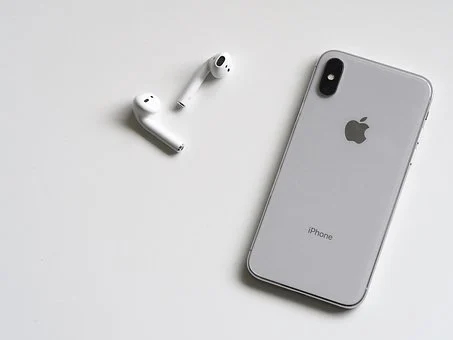Since its inception last autumn, Wordle, a deceptively easy online word puzzle, has grown at a breakneck pace, from 90 daily participants in November to 300,000 at the start of January and then to 2 million last weekend. However, the game’s quick growth has caused as much fear as excitement for its developer.
Josh Wardle, who created the game for his puzzle-loving partner, has had an unexpected grassroots success. The couple played it for amusement on their sofa, and additional users gradually joined them.
Every day, a new word is revealed, and participants have only six chances to guess it. Wordle’s popularity is said to be due in part to the fact that, in an age where apps are actively competing for your attention and time, the game was created to be played only once a day, with no features to promote its growth, such as push alerts or email sign-ups.
Wardle, a software developer living in Brooklyn who is initially from Wales, has begun to feel overpowered by the reaction as its popularity has thrived on social media. “To be honest, going viral doesn’t feel fantastic. I have a sense of obligation to the guys. I feel obligated to them to keep everything going and ensure that everything is in functioning order.”
But he finds solace in the fact that his game has brought delight to others. “I receive emails from people saying things like, ‘hey, we can’t visit our parents right now due to Covid, but we discuss our Wordle results every day,’ and so on. It’s a low-effort, low-friction approach for people to interact during this strange situation.”
When a user in New Zealand (where the game is very popular) posted her findings on Twitter as a series of emojis, Wardle was inspired to create a feature that would allow players to share theirs more readily, in an aesthetically appealing Rubik’s Cube-style grid layout.
Wardle believes the game’s popularity stems from the fact that it is both simple and tough. “Even though I play it every day, it still offers me a sense of accomplishment: it makes me feel creative, and people like gifted people.”
As per gaming specialists, part of the plea of Wardle’s game is that it harkens back to a more naive era of the internet. Many apps’ ethically dubious exploitation of users’ data, as well as attempts to monetize gameplay or create compulsive behavior, have made users skeptical.
“The internet is in a disastrous state right now, but that’s a decent thing because it’s not doing all those bad things.” It’s similar to how the web was when we first got it; it was a lot more fun,” said Adam Procter, who teaches a game design course at Southampton University.
Wordle may have benefited from its timeliness, according to Prof Chris Headland, the head of game design technology at Staffordshire University. For those who work from home, a short daily game serves as a helpful reminder to take a break. During the epidemic, people also missed out on opportunities to engage with family and friends through in-person games.


